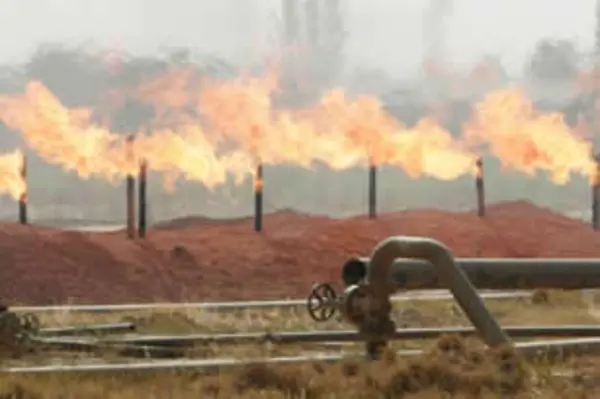Iraq managed to license seven out of 10 offered oilfields, ending its two-day auction on a high note, after only the two largest fields offered during the first day had been taken. Relatively fierce competition was expected for most of Iraqs mega-fields, with some of the lesser fields in the south also seeing a number of highly interested suitors in the run-up to the bidding.
In the end, however, what tilted the auction firmly towards success in seeing a majority of the offered fields being awarded, was Angola's state-owned firm Sonangol's decision to bid for two of the northern oilfields, which are located in areas claimed—and partly controlled—by forces from the autonomous Iraqi Kurdistan region, which are not recognising the central government's authority to license these fields.
The greatest negative surprise in the bid round was the complete lack of bids for the 8.1-billion-barrel East Baghdad field. The field was always seen as high risk, given its location just outside of greater Baghdad (the capital) in a densely populated area of the country that still sees significant insurgency and would have been relatively hard to police. The field's reserves are also to a large degree made up of heavy oil, which will have a significant impact on production costs. Still, it was expected by many, even outside Iraq, to attract bidders from especially China or India, given the overall Iraqi improvements in security in recent years.
Surprising to many was also the absence of U.S. supermajors and mid-sized independents from the Iraqi bidding round. Only two U.S. companies have entered Iraq—not counting some smaller juniors and wildcatters in the Iraqi Kurdistan region—so far, with ExxonMobil taking a lead role on the supergiant West Qurna-1 field and Occidental (Oxy) taking a minority partner role at the Eni-led development of the supergiant Zubair field. Nonetheless, both those contracts were the result of re-bidding from the largely failed first licensing round, with no U.S. companies close to snapping up assets in this latest bidding round. U.S. lack of interest might be puzzling given the size of some of the Iraqi assets on offer—and given widespread conspiracy theories that the United States invaded Iraq in 2003 to take hold of the oil—but has to be seen in the wider context.
Taking a step back, the Gulf region features heavily in several of the supermajors' global portfolios, and the relatively low rates of return offered by Iraq would have had a negative impact on their overall rates. European supermajors BP and Shell, however, have both been keen to raise their future Gulf region exposure, with BP winning Rumaila in the first round and failing to secure access to West Qurna-2 on Saturday, and Shell wanting to access Gulf growth as its strong position in Oman is in long-term mature decline.







